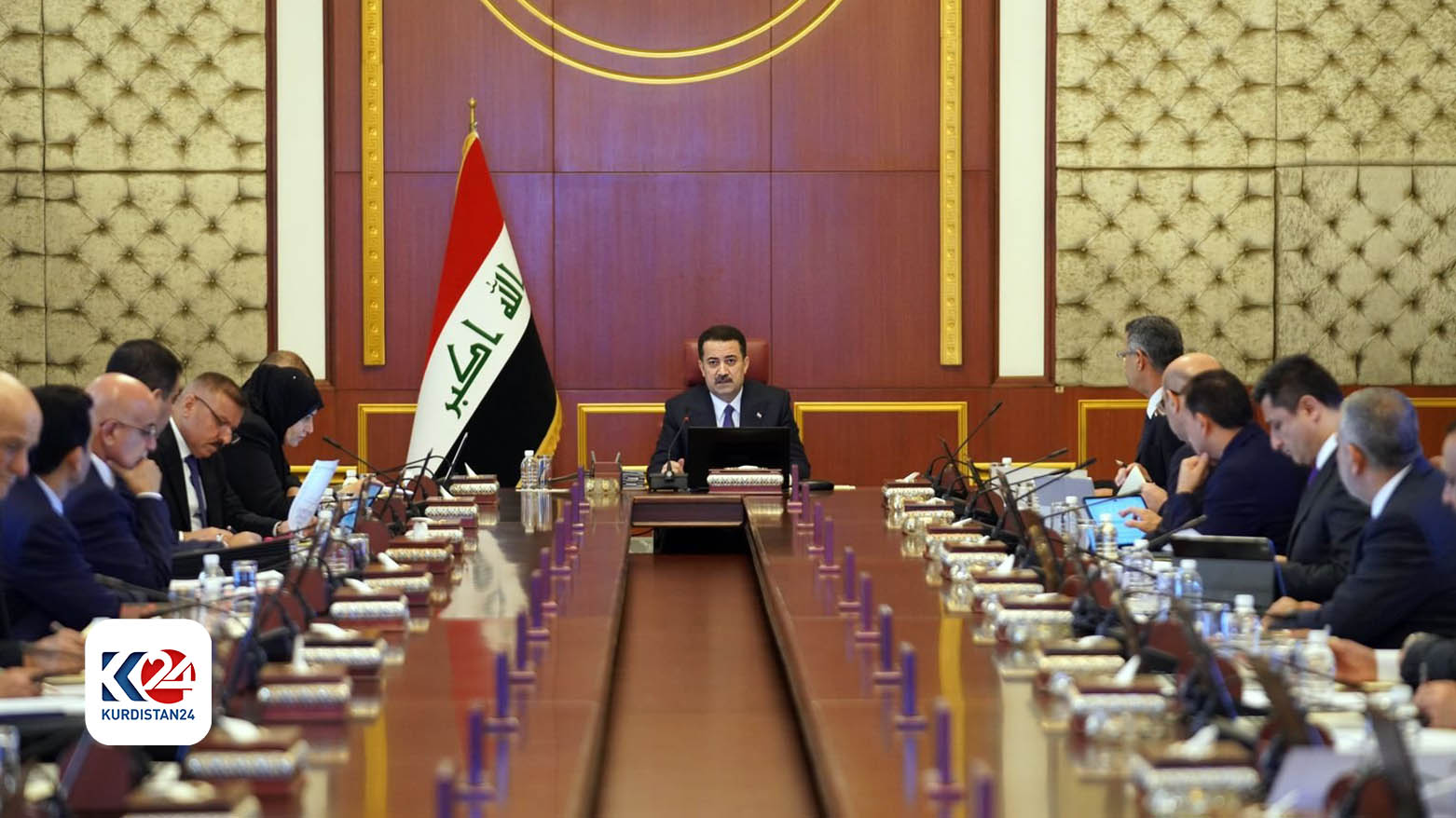Iraqi government adopts Kurdistan Region's comments on upcoming census, aims to address historical demographic disputes
A source informed Kurdistan 24 that the decision is anticipated to benefit the Kurdish population residing in Kurdish areas outside the Kurdistan Region.

ERBIL (Kurdistan 24) - In a significant move that may reshape Iraq's demographic records, the Iraqi Council of Ministers, chaired by Prime Minister Mohammed Shia al-Sudani, has adopted a proposal to conduct the upcoming census based on individuals' original areas rather than their current residence. The decision will particularly impact the contested province of Kirkuk, with the population there to be recorded according to 1957 census data.
A source informed Kurdistan 24 that the decision is anticipated to benefit the Kurdish population residing in Kurdish areas outside the Kurdistan Region. Kirkuk, a historically disputed area with significant Kurdish, Arab, and Turkmen populations, has long been a focal point in demographic discussions due to its diverse makeup.
The 1957 census, which is referenced in the Council’s decision, recorded Kurds as constituting around 16% of Iraq's population, along with substantial Arab and Turkmen communities across the country. At the time, Iraq's population dynamics were far different from today’s projections, which estimate the population at 51.5 million. A comprehensive census is expected to provide clarity and address long-standing disputes over ethnic representation, particularly in Iraq’s multicultural regions.
The Kurdistan Regional Government (KRG) welcomed the Council's decision, expressing hope that the upcoming census will accurately represent the historical and demographic realities of Iraq, including the disputed territories. Kurdish leaders have stressed that the process should recognize the Kurdish community’s longstanding presence and protect their rights in these areas.
As Iraq approaches this census, many see it as an opportunity to build a more inclusive understanding of the country’s diverse population—a crucial step in enhancing stability and representation across Iraq’s regions.